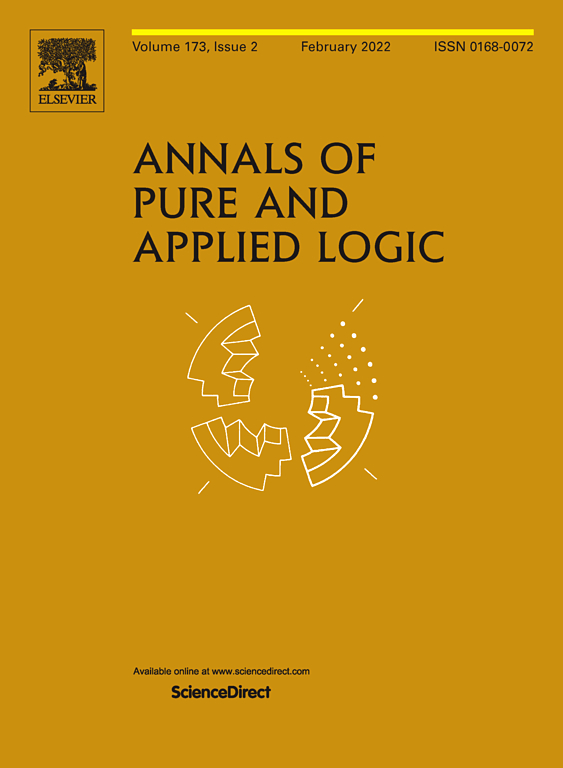Quantifier-free Epistemic Term-Modal Logic with Assignment Operator
In standard epistemic logic, the names and the existence of agents are usually assumed to be common knowledge implicitly. This is unreasonable for various applications in computer science and philosophy. Inspired by term-modal logic and assignment operators in dynamic logic, we introduce a lightweight modal predicate logic where names can be non-rigid, and the existence of agents can be uncertain. The language can handle various de dicto/de re distinctions in a natural way. We characterize the expressive power of our language, obtain complete axiomatisations of the logics over several classes of varying-domain/constant-domain epistemic models, and show their (un)decidability.
(Largely extended journal version of the AiML18 paper)


Leave a Reply